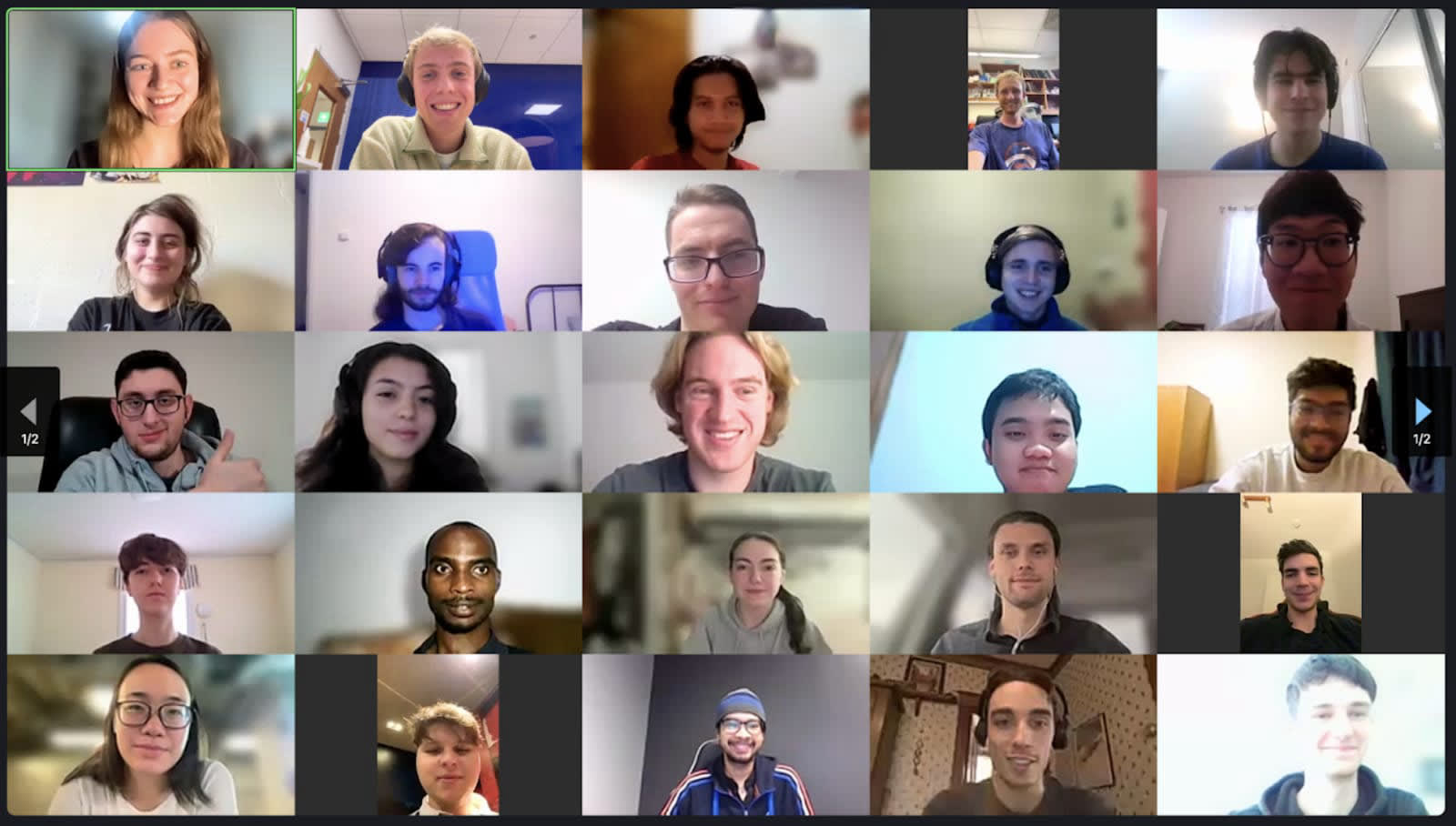Summary
The purpose of this post is to summarize the achievements and learnings at Impact Ops in its first two years.
Impact Ops provides consultancy and hands-on support to help high-impact organizations upgrade their operations. We’ve grown from three co-founders to a team of 11 specialists and supported 50+ high-impact organizations since our founding in April 2023.
We deliver specialist operations services in areas where we have deep experience, including finance, recruitment, and entity setup. We have 50+ active clients who we’ve helped tackle various operational challenges. Besides our client work, we’re pleased to have contributed to the broader nonprofit ecosystem in several ways, including via free resources.
We’re also proud to have built a sustainable business model that doesn’t rely on continuous fundraising. We’ll share details about our services, projects, and business model in what follows, including our key takeaways and what’s next for Impact Ops!
What is Impact Ops?
Impact Ops is an operations support agency that delivers services to nonprofit organizations.
Our mission is to empower high-impact projects to scale and flourish. We execute our mission by delivering specialist operations services in areas where we have deep experience, including finance, recruitment, and entity setup.
Our team has extensive experience within nonprofit operations. Collectively, we have:
* 50+ years’ experience working at nonprofits (incl. Effective Ventures, CEA, Panorama Global, Anti Entropy, Code For Africa, Epistea, and the Marine Megafauna Foundation)
* 50+ further years’ experience working in related roles outside the nonprofit community, including COO, recruitment, and accounting positions.
These figures underrepresent our collective relevant experience, as they exclude time spent supporting nonprofit organizations via Impact Ops (10 years collectively) and working for other consultancies (incl. PwC, EY, BDO, and Accenture). If it sounds like we're pr




Hello everyone,
I am Srishti Goyal from New Delhi, India. I have been working as a researcher in the social development space since my post-graduation in Economics. In the coming years, I intend to undertake a Ph.D. in Behavioral economics, and I would like to get connected to people who are interested or are working in this space. Otherwise, my interests varies which includes international affairs, political affairs, climate change, apart from social development (education, health, child protection, among others) and behavioral development.
I would like to thank Silvana Hultsch from introducing me to effective altruism and this forum, as it turns out that my ideology is in sync with EA, I was just not aware of this technical jargon.
I look forward to learning from you! :)
Regards,
Srishti